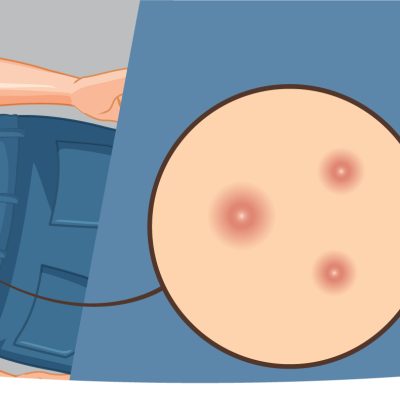Many of us are concerned about the whiteness of our teeth, as they reflect both good health and impeccable hygiene.
Unfortunately, tooth enamel is porous, making it easy to stain when chewing colored foods. Tooth discoloration can also be caused by poor oral hygiene, certain medications or a genetic predisposition.
When teeth turn yellow, it becomes increasingly difficult to whiten them again, even if you stick to the recommended number of brushings after each meal. To achieve a satisfactory result, it’s often necessary to have your teeth whitened by a dentist.
But it’s also possible to whiten teeth at home, using natural solutions recognized as effective by specialists.
Which natural solutions to use to whiten your teeth?
Coconut oil
Coconut oil is well-known for its high content of saturated fats and lauric acid. This characteristic gives it a neutralizing action on bacteria. When used on teeth, it helps prevent cavities and tartar, as well as the sources of streptococcus responsible for long-term tooth decay.

For dental hygiene, and above all to benefit from all the virtues of this product, it is strongly recommended to use high-quality virgin coconut oil.
The most frequently used technique for whitening teeth with coconut oil is called “oil pulling”. Basically, it consists of rinsing the mouth with coconut oil, making sure the oil passes between the teeth. Teeth will be whiter after 2 to 3 weeks.
You can also make your own 100% natural whitening toothpaste by mixing coconut oil with baking soda, white kaolin clay (available in pharmacies and organic stores) and essential oils of clove, mint and tea tree.
Baking soda
Baking soda is one of the most popular products for whitening teeth at home. Thanks to its abrasive action, this product effectively removes surface stains from tooth enamel, without damaging it. To optimize its effect, you can mix it with your usual toothpaste, and gently brush your teeth with the mixture. Baking soda can also be used to make your own toothpastes.
Green clay
Green clay is used to make face masks. What few people know is that it is also effective for whitening tooth enamel, as it has cleaning and antiseptic properties. It’s not unusual to find toothpastes containing green clay on the market.
Furthermore, you create your own clay paste for dental care. Simply mix a tablespoon of powdered clay with mineral water. Apply this mixture to your teeth twice a week to gradually remove stains and yellowish discoloration.
Activated charcoal
Activated charcoal is a charcoal derived from the combustion of carbon-rich organic matter such as wood. It has been used since ancient times to purify water. It is also recognized for its absorbent properties, making it a natural solution for restoring the radiance of teeth.
When activated charcoal comes into contact with teeth, it absorbs the chemical compounds and tannins responsible for staining enamel. It is also abrasive, making it even more effective at removing stains.
The absorbent nature of charcoal also makes it an excellent remedy for bad breath.
Tea tree essential oil
Tea tree oil is an effective treatment for many ailments: acne, cold sores, gingivitis, canker sores, colds, coughs… and, of course, stained teeth!
This essential oil is packed with benefits: it is antibacterial, antiviral, antiseptic and antifungal. It can therefore be used to treat toothache and clean stains that remain on the enamel.
You can make a mouthwash by adding 4 drops of tea tree EO to a glass of lukewarm water. Another technique is to pour 2 drops of tea tree EO onto your toothbrush before applying your usual toothpaste, then brush your teeth with the mixture. Be careful, however, to use this technique sparingly, as the essential oil can weaken tooth enamel by coming into direct contact with the teeth.






